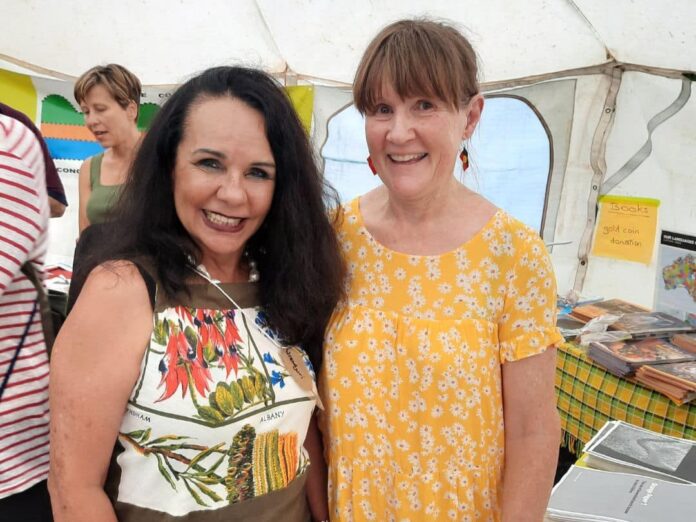Meaningful relationships are something that require an abundant amount of respect, care and time to build and maintain.
Whether it be our personal relationships with family, friends and loved ones, or with colleagues, peers and the wider community, relationships are the very fabric of the human race.
There is an important relationship in Australia that as a nation we are attempting to mend, strengthen and acknowledge with the respect it deserves, and that is the relationship between Indigenous and non-Indigenous Australians.
As a nation, we are about to embark on an important week that recognises, celebrates and honours our country’s ancient heritage and current richness of culture.
May 27 to June 3 marks National Reconciliation Week for 2023. This year’s theme is Be a Voice for Generations.
The week is a time for all Australians to learn about shared histories, cultures and achievements, and to further contribute to achieving reconciliation in Australia.
The week is bookended by two significant milestones in the reconciliation journe: the successful 1967 referendum and the High Court Mabo decision.
On May 27, 1967, the referendum saw more than 90 per cent of Australians vote to give the Australian Government power to make laws for Aboriginal and Torres Strait Islander people and to be counted as part of the population.
On June 3, 1992, the Australian High Court delivered the Mabo decision, which altered the foundation of land law in Australia. Eddie Koiki Mabo fought to become the first person to successfully challenge the High Court of Australia about Native Title rights.
The concept of ‘terra nullius’, which meant that the land belonged to no one prior to European settlement, was overturned.
It led to the legal recognition of Aboriginal and Torres Strait Islander peoples as the Traditional Owners and Custodians of lands, and the passing of the Native Title Act 1993.
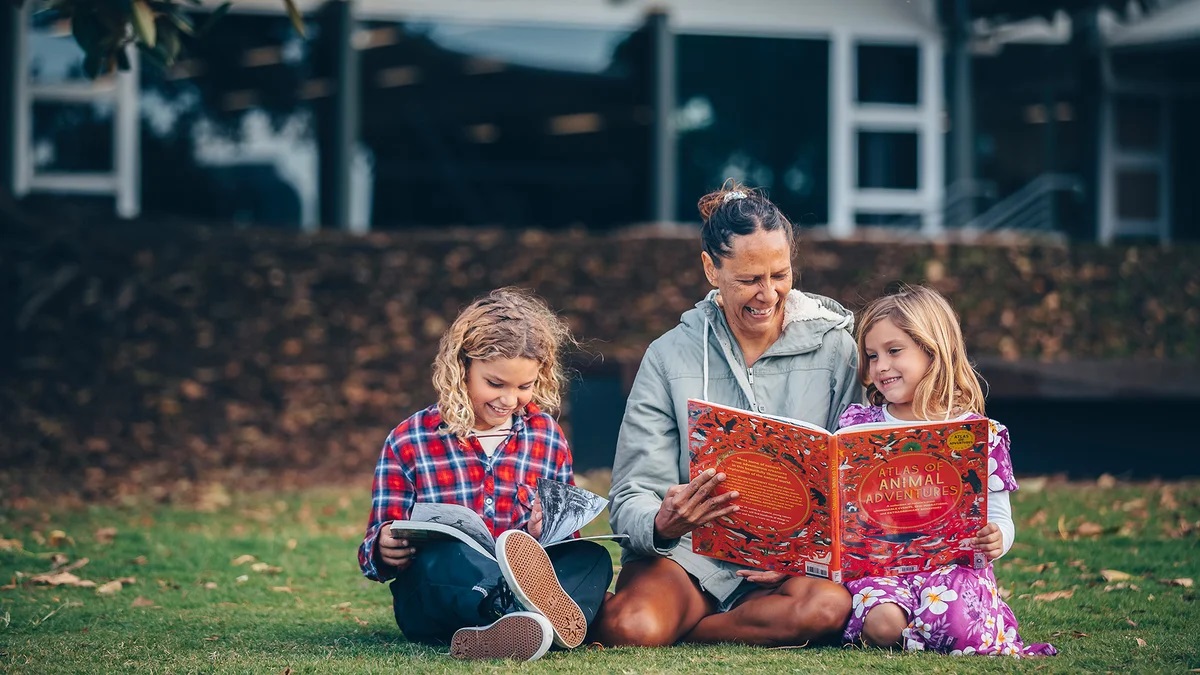
Reconciliation Australia is the peak body for reconciliation in Australia. The independent not-for profit organisation promotes and facilitates reconciliation by building relationships, respect and trust between the wider Australian community and First Nations peoples.
Reconciliation Australia CEO Karen Mundine said this year’s theme called on Australians to honour the work of generations past who fought for justice in Australia and to work together today to tackle the unfinished business of reconciliation for the generations to come.
She said reconciliation was about building a more united nation that respects and takes pride in 65,000 years of First Nations history.
“There has long been a strong thread in Australian history of people striving to build a just society,” Ms Mundine said.
“Australian history has included many examples of non-First Nations Australians who stood with Aboriginal and Torres Strait Islander people during early strikes, protests and notably during the 1967 referendum.
“Australia has a long record of inspiring allyship and solidarity to address centuries of racism and injustice.
“This National Reconciliation Week we urge all Australians to follow in this tradition to be a voice for generations, while also imagining a better country for future generations.”
The Uluru Statement from the Heart is a significant next chapter on the path to reconciliation. It is an invitation to the Australian people from First Nations Australians to establish a First Nations Voice to Parliament.
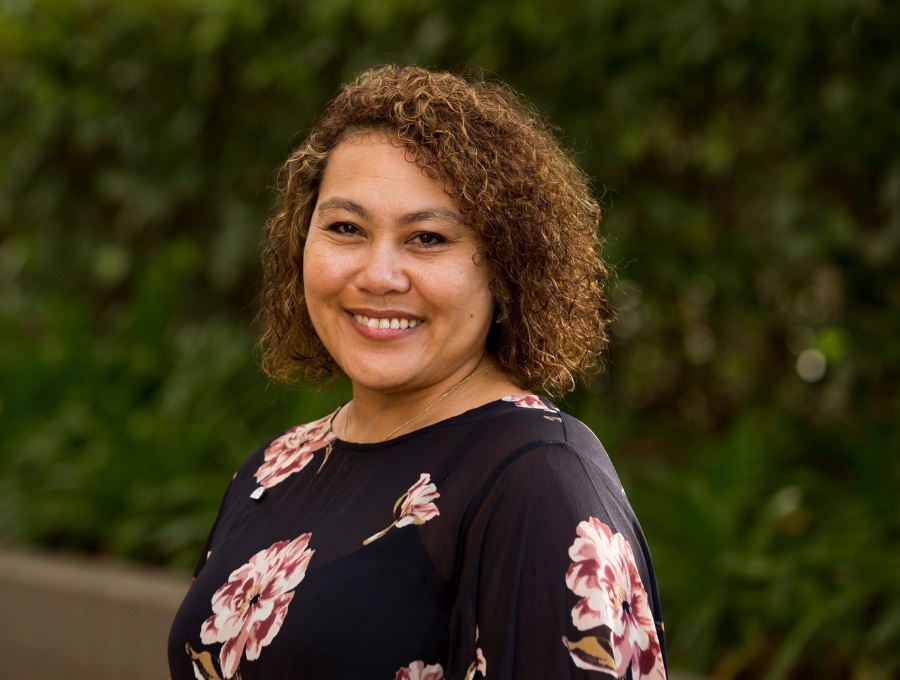
Ms Mundine said recent research indicated strong community support for the Voice to Parliament, for the purpose of treaty making and truth-telling.
She refers to the 2022 Australian Reconciliation Barometer (ARB), which shows 80 per cent of all Australians believe the creation of a national representative Indigenous body is important.
Further to this, Ms Mundine said 79 per cent believed such a body should be protected under the constitution.
“And there is growing support for a treaty between First Nations and other Australians, with a 19 per cent increase from 53 per cent in 2020 to 72 per cent today,” she said.
“Support for truth-telling also remains very high at 83 per cent for the general community and 87 per cent for Aboriginal and Torres Strait Islander respondents.”
The ARB is a national research survey – conducted every two years – that looks at the relationship between Aboriginal and Torres Strait Islander peoples and other Australians, and how perceptions affect progress towards reconciliation.
It surveyed a national sample of 532 Aboriginal and Torres Strait Islander people and 1990 general community members, across all states and territories.
Closer to home, the Sunshine Coast Reconciliation Group (SCRG) works on a local level to foster relations between Indigenous and non-Indigenous Australians.
The SCRG was the first reconciliation group in Queensland, formed in 1997.
Since then, the not-for-profit organisation has supported many Indigenous causes with donations of goods, services, money and by serving on committees and organising events that support First Nations people.
Fiona McGill is the SCRG chair and was present at a pivotal reconciliation walk in 2001, the same year Reconciliation Australia was established.
“300,000 people walked across the Harbour Bridge in Sydney to express their collective sorry for the Stolen Generations,” Ms McGill said.
“I was part of that walk. It was not a hard thing to do, indeed it was an exhilarating experience to acknowledge and express regret for our history of conflict and oppression of Indigenous people.”
Today, one of the group’s biggest events is the annual Aunty Betty Memorial Reconciliation Walk, which takes place during National Reconciliation Week.
This year it will be held on May 31 at Dicky Beach, led by Gubbi Gubbi educator Lyndon Davis and his Gubbi Gubbi dance troupe.
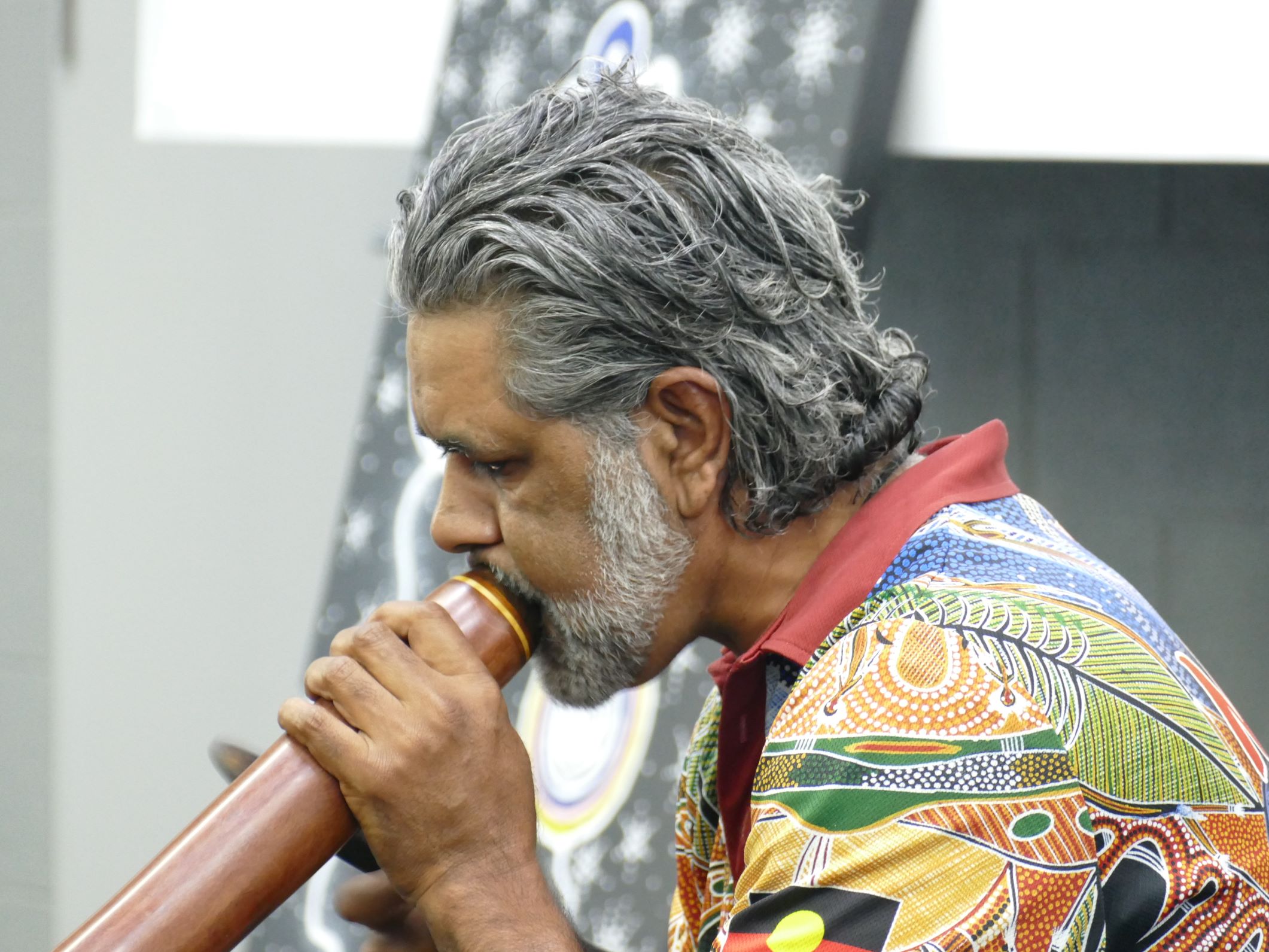
“Aunty Betty was a founding member of our group and our patron for many years,” Ms McGill said.
“She was a tireless voice for better understanding between peoples and was well known and admired by many in our community.
“Our walk in her honour brings together Elders and children from all over the region to learn about our local area, its history and its natural environment, in a festive setting – a voice for generations past, present and future.”
Acknowledging the reconciliation process is well understood and appreciated by many in the community, Ms McGill said there was always room for more to be done.
“Unfortunately, some are still of the opinion that assimilation and the fading out of Indigenousness would be a better outcome,” she said.
“However, we know from history and other countries that assimilation is a path to oppression, denigration and poverty.
“The Uluru Statement from the Heart offers us a better way: the recognition of our nation’s particular and extraordinary history and mix of cultures, along with providing a forum for Indigenous people to advise government on better ideas to achieve solutions to the problems that plague Indigenous communities.”
SCRG will hold two seminars in June on the Voice to Parliament Referendum proposal. The first will be on June 15 at the Maleny Community Centre, and the second on June 16 at the Kawana Community Hall.
Sunshine Coast Council was the first in Queensland to develop a Reconciliation Action Plan in partnership with Reconciliation Australia back in 2011.
Community Portfolio Councillor David Law said NRW was a time for the Sunshine Coast to learn and explore how as a community we can adopt reconciliation in everyday life.
“We have placed a high priority on building stronger relationships with First Nations peoples, valuing their cultures and heritage and their contribution to the social fabric of our
community,” he said.
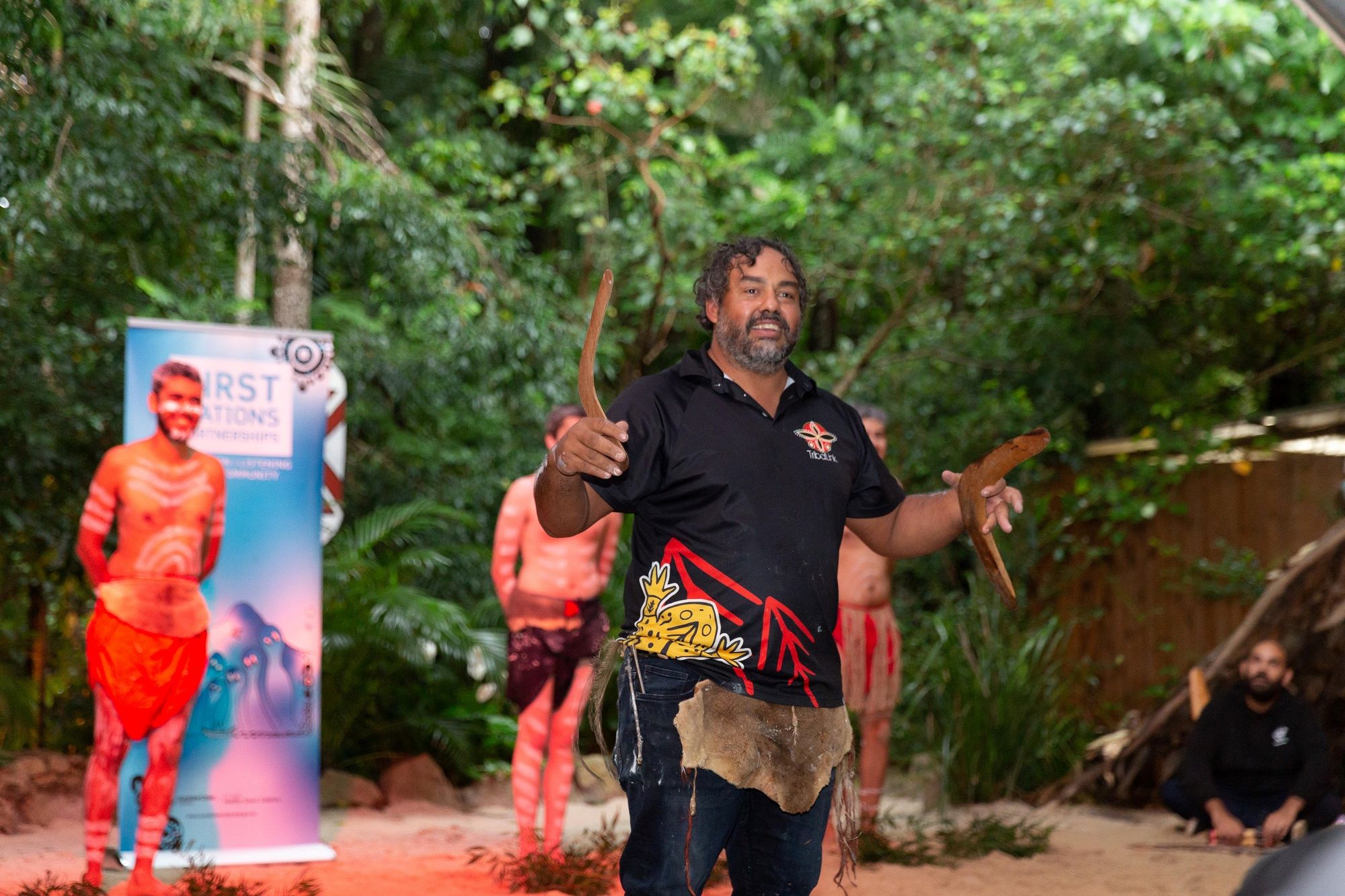
The council recognised 2023 Reconciliation Week with a launch event hosted on Jinibara Country at TribalLink Cultural Activity Centre, Mapleton, on May 24.
For information on the Sunshine Coast Reconciliation Group, or tickets to the seminars visit scrgi.org.au.
A brief history of National Reconciliation Week
National Reconciliation Week started as the Week of Prayer for Reconciliation in 1993 – the International Year of the World’s Indigenous Peoples.
In 1996, the Council for Aboriginal Reconciliation launched Australia’s first National Reconciliation Week.
In 2001, Reconciliation Australia was established to continue to provide national leadership on reconciliation.
In the same year, about 300,000 people walked across Sydney Harbour Bridge, and bridges in cities and towns across the country, as part of NRW to show support.
Today, NRW is recognised in workplaces, schools and early learning services, community organisations and groups, and by individuals Australia wide.
Reconciliation Week events across the region
There is a raft of events happening across the region between May 27 and June 3 to mark Reconciliation Week locally.
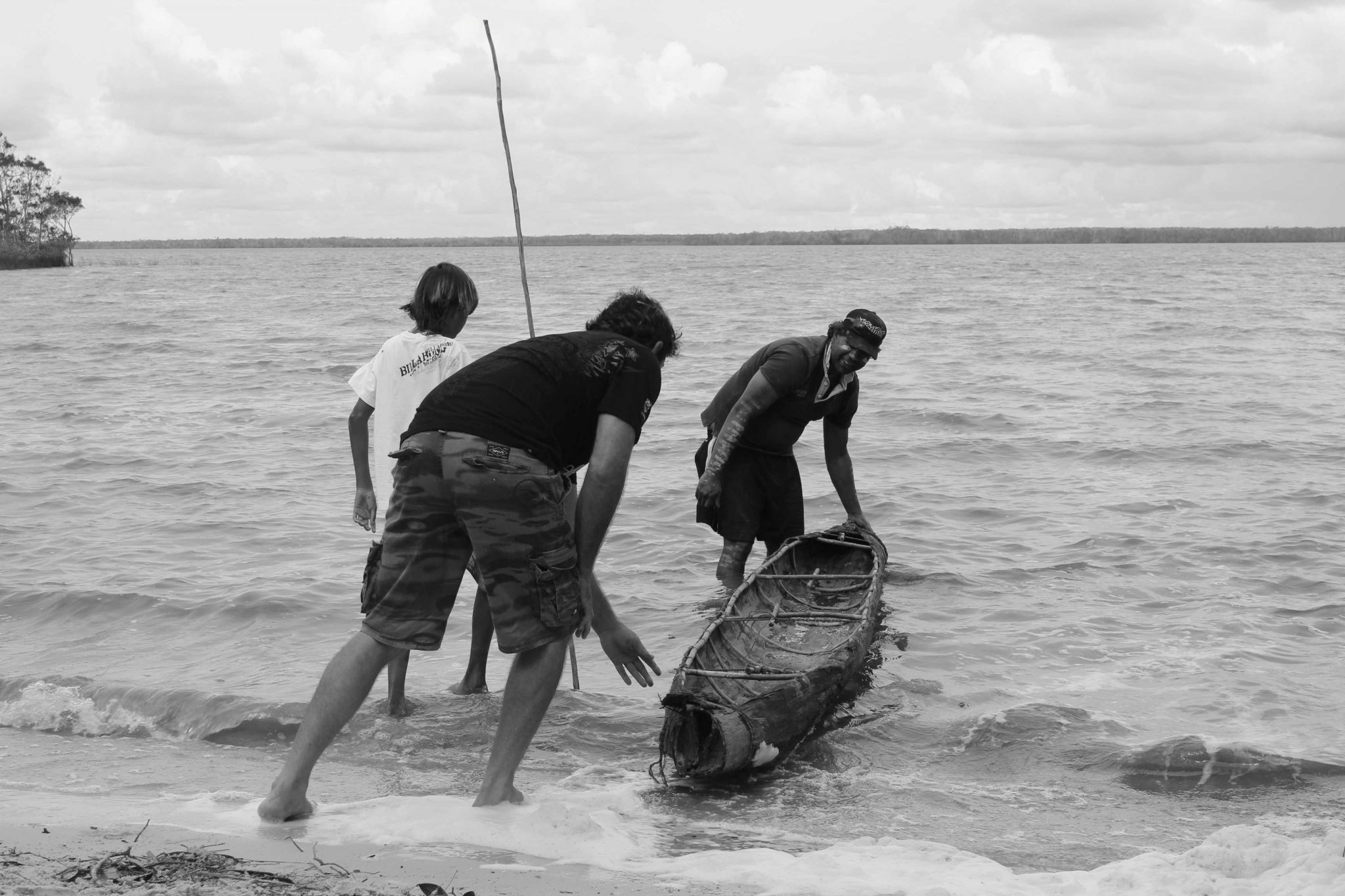
Online library resources: Sunshine Coast Council Libraries will host a range of activities and provide resources across the week. Visit library.sunshinecoast.qld.gov.au.
Suncorp Super Netball First Nations Round: Catch the Sunshine Coast Lightning take on the Collingwood Magpies at UniSC Arena (Kabi Kabi Country) for the First Nations Round on May 27. Tickets from premier.ticketek.com.au.
Film event: On May 29 at 7pm, the Strand Cinema at Caloundra will be showing the Australian crime thriller Limbo, presented for Reconciliation Week as part of the Caloundra Film Festival. Tickets from caloundrafilmfestival.com.
Aunty Betty Memorial Reconciliation Walk: All are welcome to join Sunshine Coast Reconciliation Group Inc to celebrate the life and work of patron Aunty Betty McMahon at the 2023 Aunty Betty Memorial Reconciliation Walk. The free event begins at 10am on May 31 at Dicky Beach Park, on the corner of Wilson Avenue and Beerburrum Street. Register at scrgi.org.au.
Gubbi Gubbi tradition of bark canoe building: Join canoe builder and First Nations local Lyndon Davis and gain a rare insight into the Gubbi Gubbi tradition of bark canoe building. This free community event is on Thursday, June 1, from 10am to 11am at Landsborough Museum, 4 Maleny Street. Register at heritage.sunshinecoast.qld.gov.au.
Local journalists supporting local people. Help keep independent and fair Sunshine Coast news coming by subscribing to our FREE daily news feed. All it requires is your name and email at the bottom of this article.


